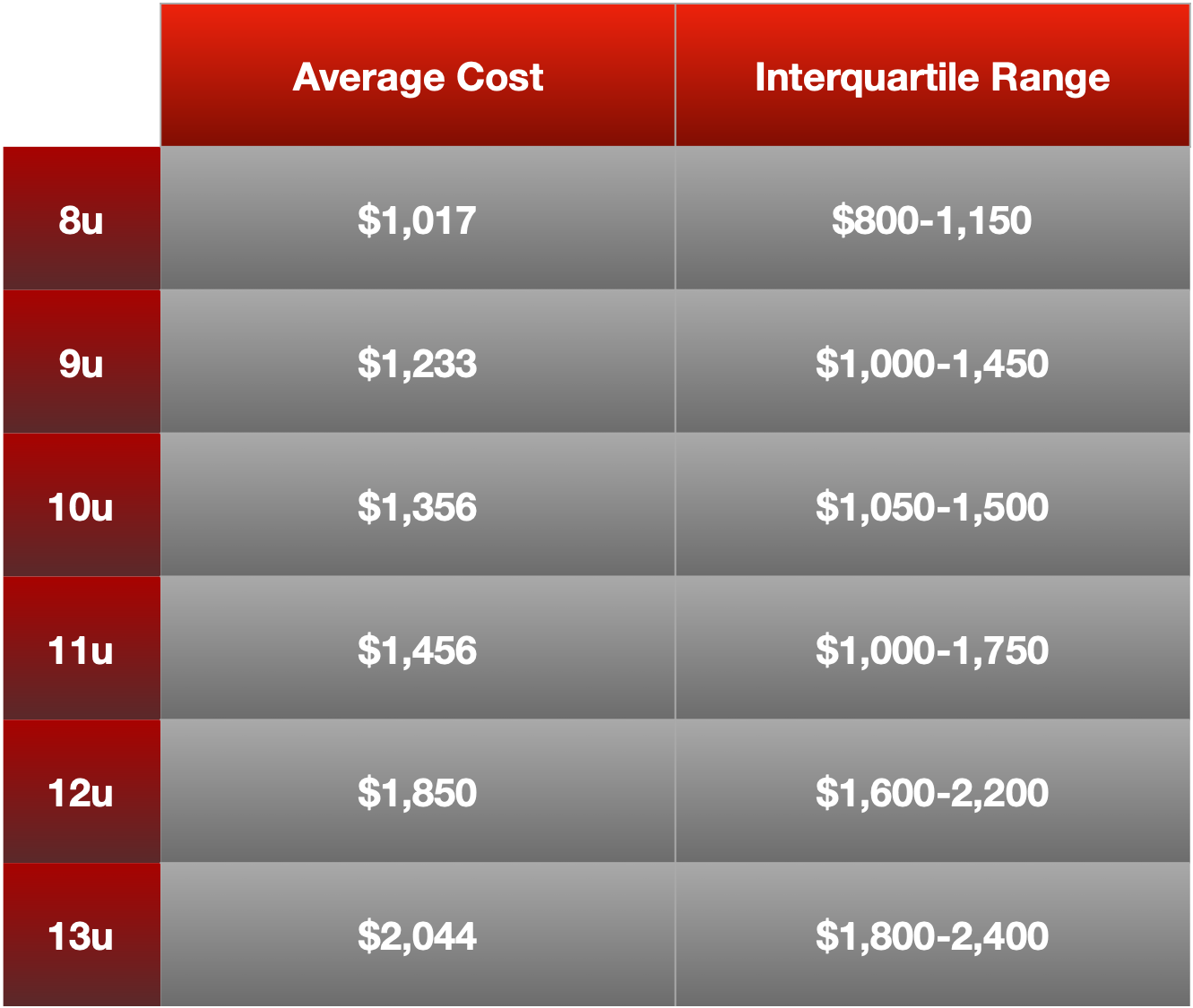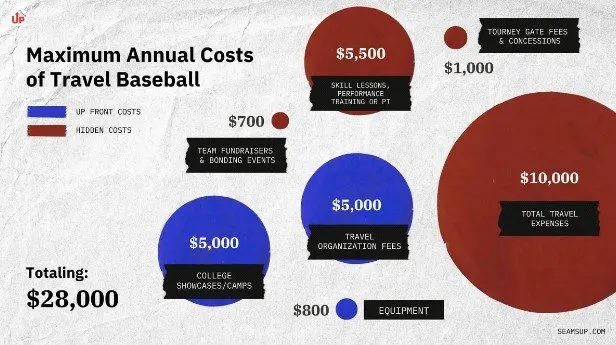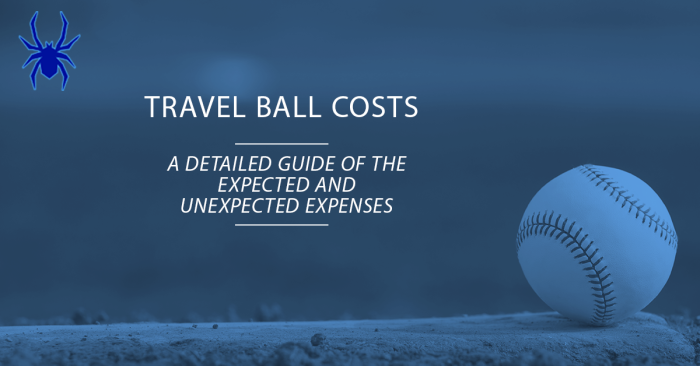Travel baseball can be a thrilling experience for young athletes, but it comes with its own set of financial commitments. In this guide, we’ll explore every facet of travel baseball costs, share personal stories, and provide you with essential tips to navigate this journey successfully.
What is Travel Baseball?
Travel baseball, often referred to as select baseball, involves teams that travel to compete against other teams, sometimes across state lines. This program is designed for players who are serious about improving their skills and competing at a higher level.
Annual Costs of Travel Baseball
1. Registration Fees
Registration fees can vary widely based on the team and location, but expect to pay anywhere from $500 to $3,000 per year. These fees typically cover the cost of coaching, field usage, and other administrative expenses.
2. Travel Expenses
Traveling for games and tournaments adds another layer of costs. This includes:
- Gas: Budget for fuel if driving to events.
- Accommodation: Hotels can range from $100 to $300 per night.
- Food: Expect to spend around $50-$100 per day for meals.
Comparison Table of Travel Expenses
| Expense Type | Average Cost | Details |
|---|---|---|
| Gas | $200-$500 | Depending on the distance traveled. |
| Accommodation | $1,000-$2,500 | For multiple tournaments throughout the year. |
| Food | $600-$1,200 | For all traveling days. |
3. Equipment Costs
Players need to invest in quality equipment, which includes:
- Gloves: $100 – $300
- Bats: $100 – $400
- Cleats: $50 – $150
Essential Gear List
- Bats
- Gloves
- Cleats
- Protective gear (helmets, faceguards)
- Practice gear (uniforms, bags)
4. Tournaments and Additional Fees
Tournament fees can range from $200 to $1,500 depending on the level and location of the tournament. Additionally, there may be fees for uniforms, practices, and other team expenses.
Personal Travel Experiences
Traveling with my son for his baseball tournaments has been a rewarding experience. On one such trip to a national tournament in Florida, the costs quickly added up: registration fees, hotel stays, and meals at local diners turned our weekend getaway into an unforgettable—and quite pricey—adventure!
We learned to budget better, finding ways to save on food by bringing snacks and drinks from home and booking hotels with kitchenettes to prepare meals during our stay.

Travel Tips for Families
1. Budget Wisely
Creating a detailed budget ahead of the season can help keep costs under control. Include all potential expenses—registration, travel, food, and extras.
2. Look for Local Sponsors
Many local businesses are willing to sponsor youth sports teams. Don’t hesitate to ask.

3. Share Accommodations
Coordinate with other families to rent a larger Airbnb. This can drastically reduce lodging costs.
Pros and Cons of Travel Baseball
Pros
- Improved skill development.
- Increased exposure to college and professional scouts.
- Opportunities to form lifelong friendships.

Cons
- High financial commitment.
- Significant time investment for families.
- Potential for burnout among young athletes.
Destination Highlights for Travel Baseball
1. Florida
Known for its warm weather and vibrant baseball culture, Florida hosts numerous youth tournaments each year. Cities like Orlando and Tampa are hotspots.

2. California
From San Diego to Los Angeles, California offers competitive leagues and tournaments. The beaches don’t hurt either!
3. Texas
With a passionate commitment to baseball, Texas showcases some of the finest youth programs and tournaments nationwide.

FAQs
What is the average annual cost of travel baseball?
The average annual cost can range from $1,500 to over $10,000, depending on various factors such as location, team, and travel requirements.
Are there scholarships available for travel baseball?
Yes, some organizations and leagues offer scholarships to help offset costs for families in need.

How can I save money on travel baseball?
Consider sharing accommodations, budgeting meals, and looking for sponsorships from local businesses.
Is travel baseball worth the expense?
For many families, the experience, exposure, and skill development offered by travel baseball outweigh the costs involved.
